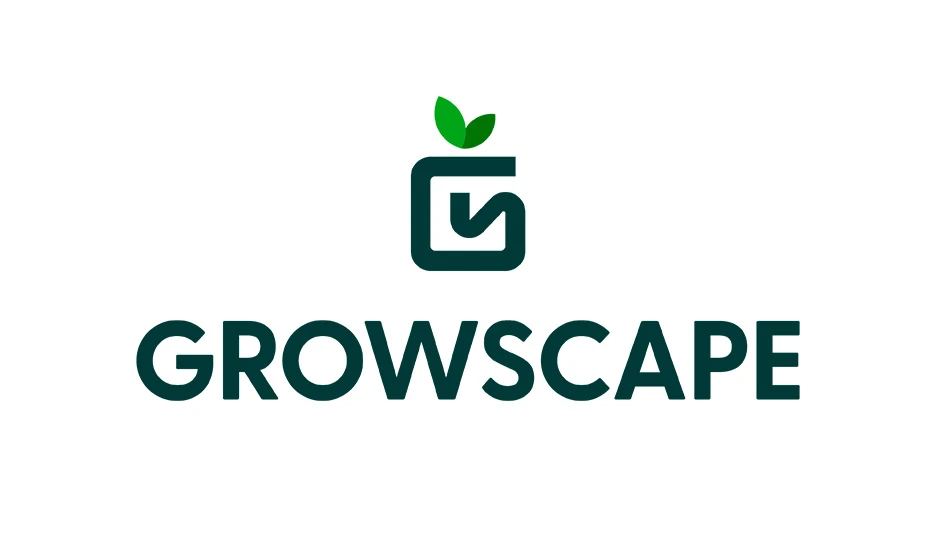|
|
Anyone who’s spent 15 minutes with a small child has most likely experienced this scenario: Child: What are you doing? Adult: Changing the oil in the car. [Or any multitude of mundane tasks.] Child: Why? Adult: Because the car won’t run without oil. Child: Why? Adult: Machines need certain things to run properly. Child: Why? The “W” word or its friends, who, what, when and how could easily get thrown around another 10 or 15 times during this conversation. When your children were young, it seemed like they asked 1,000 questions a day. Research shows it wasn’t that many – more like 200 per day. But those questions are crucial to their development. Turns out we lose our curiosity as we grow older and stop asking so many questions. The average college student asks only 20 questions per day. It’s a shame we aren’t asking more questions. If you walk around the greenhouse and ask the proper questions, you’ll find out a lot about production processes, potential inefficiencies and best of all, your employees’ ideas and observations. What are the correct type of questions? Ron Rosenberg of Quality Talk Inc., said we tend to ask questions like, “Why isn’t this promotion bringing in new customers?” Don’t start with “why,” which can become frustrating, because many of these simply can’t be answered with the resources we have at our disposal. And even if you could answer them, he said, there’s frequently no clear direction on what you can do to change the situation. But questions that start with “how” have the next steps built in to the answer. Try it this way: How can we track and measure our marketing campaigns so we’ll know which ones are working best? Answers to the “how” questions will point you in the direction of a solution or some deliberate action, he said. That doesn’t mean to avoid all questions that start with “why.” Just be aware of the way you’re asking questions. There are different types of questions, and the best way to ask depends on the situation, according to Chris Musselwhite and Tammie Plouffe, business executives and bloggers for Harvard Business Review. They define three types of questions and when they should be used. 1. Convergent questions: What, where, who and when questions get a person to clarify the specifics of what he or she is thinking. Converging questions can be important when time is of the essence or you are dealing with someone who is theoretical. 2. Divergent or expansive questions: Why and what if questions ask a person to expand on what he or she is thinking. Divergent questions can be important when you need someone to see the larger context of a position. 3. Integrating questions: If...then what questions demonstrate an attempt to find common ground between opposing positions. This builds trust and encourages compromise, which is important in situations where the stakes are high for both sides. Effective leadership and positive change starts when you take the time to ask appropriate and correctly worded questions and listen to the answers. |

Explore the September 2013 Issue
Check out more from this issue and find your next story to read.
Latest from Greenhouse Management
- Pennsylvania Horticultural Society shares top gardening trends from 2025 Philadelphia Flower Show
- California Spring Trials 2026 dates announced
- Les Evans promoted to DRAMMwater segment manager, Al Zylstra to retire
- Hoffmann Family of Companies to acquire N.G. Heimos Greenhouses
- GIE Media Horticulture Group wins five regional 2025 Azbee Awards of Excellence
- Grant awarded to test western U.S. wood species for use as wood fiber potting substrate
- Pennsylvania Horticultural Society announces 2025 Gold Medal Plant winners
- Oasis Grower Solutions announces new Southeast territory sales manager






